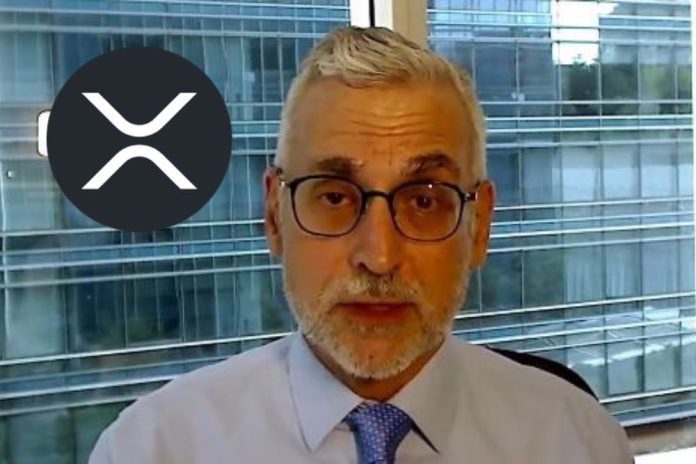Stuart Alderoty, Ripple’s Chief Legal Officer (CLO), recently posted a detailed analysis on X regarding the ongoing legal battle with the Securities and Exchange Commission (SEC).
In his post, Alderoty highlighted the potential outcomes of the SEC’s appeal and underscored the resilience of Ripple’s defenses.
Understanding the Appeal Process
Alderoty’s post delves into the nuances of the SEC’s appeal against Judge Torres’ ruling, which did not fully endorse the SEC’s interpretation of the Howey Test concerning Ripple’s programmatic sales and other distributions.
He emphasized that the appeal court might either uphold Judge Torres’ decision or expand upon it. However, he noted that the best-case scenario for the SEC was a remand for further proceedings which was highly unlikely.
A critical point Alderoty made was that during the SEC’s unsuccessful interlocutory appeal, Judge Torres affirmed that all aspects of the Howey Test and Ripple’s defenses, including the Fair Notice defense, would be reconsidered if the case were remanded.
The Fair Notice defense argues whether a person of ordinary intelligence could understand what the law prohibited, suggesting that the SEC might need to contest Judge Torres’ capability to grasp the law accurately.
As Alderoty observed, this scenario could put the SEC in an awkward position, indirectly arguing with Judge Torres that she was not a person of “ordinary intelligence” when she ruled on the lawsuit.
We are on twitter, follow us to connect with us :- @TimesTabloid1
— TimesTabloid (@TimesTabloid1) July 15, 2023
Community Reactions
The post sparked significant interaction within the Ripple community. A user named Mikem inquired whether the SEC could re-litigate all aspects of the case. Ripple’s Chief Technology Officer (CTO) responded, clarifying that the appeals court makes independent decisions on pure questions of law, which the SEC is attempting to argue.
The Broader Implications
Alderoty’s analysis illuminates a broader issue within regulatory enforcement—the potential for regulatory bodies to pursue extended litigation without direct consequences for their actions.
Many community members have pointed out the lack of accountability, noting that even when a regulatory body is found to be wrong, it is not required to compensate those affected.
However, the SEC might not be as invincible as people think, as SEC Chair Gary Gensler is currently under investigation for his illegal and political hiring practices, and the regulator’s bad practices might come back to haunt them in a new administration.
Disclaimer: This content is meant to inform and should not be considered financial advice. The views expressed in this article may include the author’s personal opinions and do not represent Times Tabloid’s opinion. Readers are urged to do in-depth research before making any investment decisions. Any action taken by the reader is strictly at their own risk. Times Tabloid is not responsible for any financial losses.
Follow us on Twitter, Facebook, Telegram, and Google News



